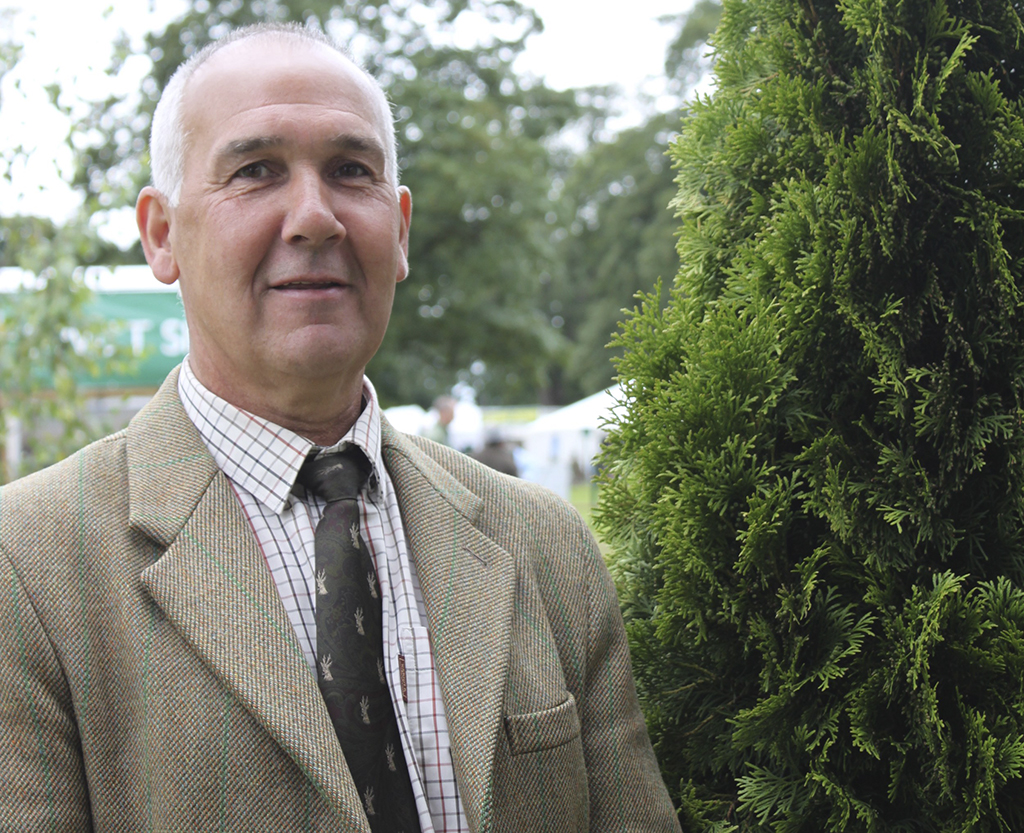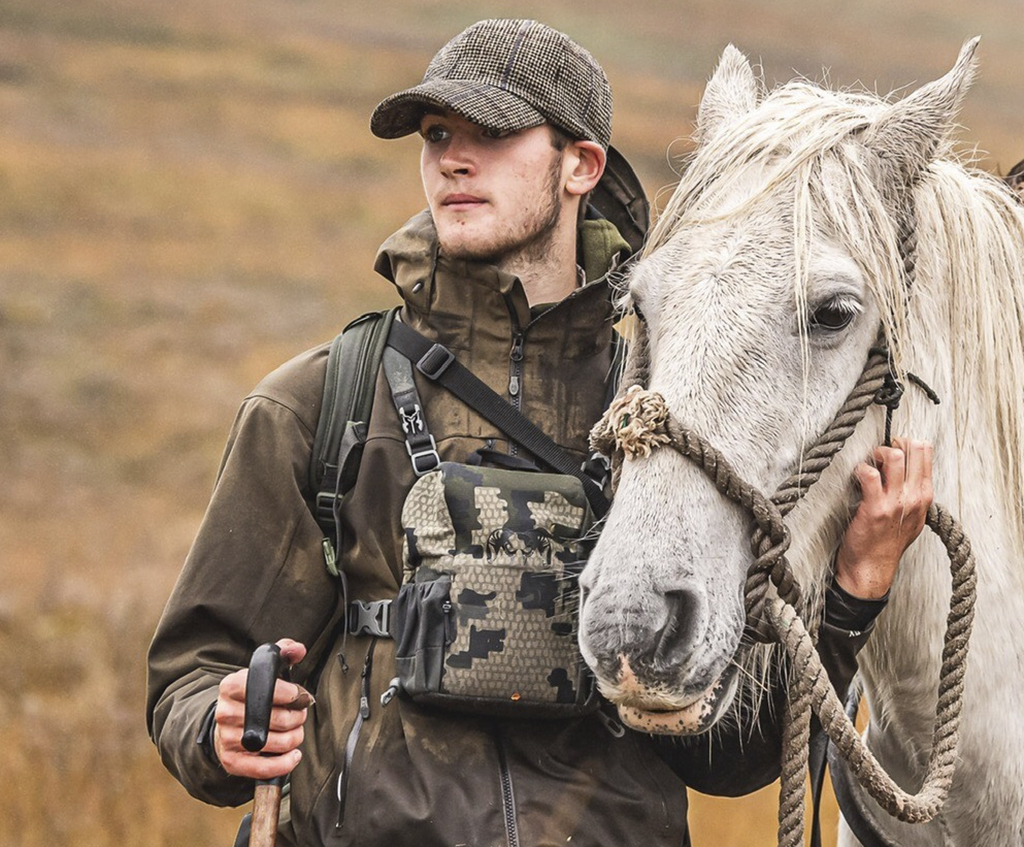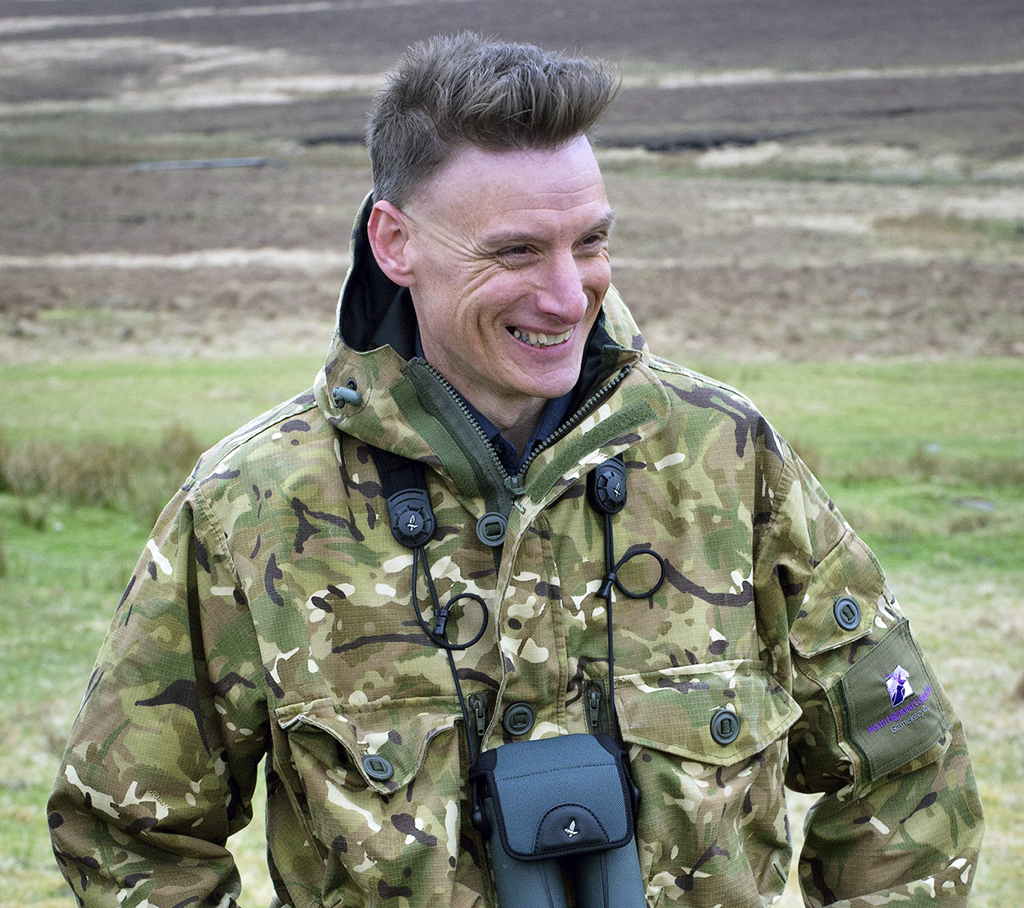The increased professionalism in gamekeeping as a career is evident as many Scottish sporting estates require new recruits to have undertaken an industry recognised degree.
Scotland’s leading rural colleges report that they have been inundated with student applications for places in their gamekeeping and wildlife management courses, with colleges now working with over 30 Scottish estates.
Scotland’s rural industry is ever changing and to keep abreast of new legislation, conservation measures as well as best practice out on the moors, combining college-led learning with extensive practical placements is paramount. College course offers essential training to equip the next generation of gamekeepers to manage Scotland’s countryside.
The gamekeeping department at the Elmwood campus of Scotland’s Rural College (SRUC) in Fife operates a digital learning platform to suit learner needs, as well as interacting with the gamekeeping industry to arrange study trips and work placements or students. The institution also manages the local Rankeilour Estate as part of the student’s hands on placement learning out on lowland moorland and runs the shoot on the estate.

Jim Goodlad
For practical experience in the upland category, the college collaborates with several deer, grouse and pheasant estates to conduct student field trips including Phoines Estates, Dalwhinnie in the Scottish Highlands, Glenlivet Estate in the Cairngorms National Park and Glenalmond Estate in Perthshire.
Jim Goodlad, gamekeeping and wildlife management lecturer at SRUC Elmwood, said: ‘There is a greater emphasis on the professionalism of the industry and it’s great to receive this recognition. The modern gamekeeper of the 21st century must be a highly-trained professional possessing an accomplished skill set combining theory with hands-on experience.
‘We currently offer one-year NC and modern apprenticeship courses whereby students will either go into employment on estates or further their gamekeeping and wildlife management studies and we are currently developing our HNC course. Our success rate is very good with students gaining employment on estates as they are encouraged to take their own initiative and liaise with estates to set up work placements and employment once they graduate.
‘Estates first and foremost are now selecting new recruits with nationally accredited training and qualifications and who can then adapt their practical skills to the unique workings of that individual estate.’

Rory Donaldson
Rory Donaldson (18) has recently completed his National Certificate in Gamekeeping at Elmwood and has just been crowned ‘Game and Wildlife Learner of the Year’ and the ‘Overall Learner of the Year’ at this year’s Lantra Scotland Awards for Land-based and Aquaculture Skills (ALBAS).
Originally from Edinburgh but now living just outside Comrie in Perthshire, Rory works at Drummond Estate, Glenartney, a traditional royal deer forest.
Part of the estate team carrying out deer management, Rory is the head stalker’s ghillie and works the horses throughout the season, Harry, Curly and Sheena. The horses are used to extract the deer off the hill straight to the larder and then onto the game dealer in Newtonmore. The venison on the estate is sustainable and has very low food miles.
Rory’s introduction to gamekeeping was when he first attended the GWCT Game Fair when he was 10 years old where he got interested in clay shooting. After that Rory visited grounds in the Borders through family friends and was introduced to pigeon shooting, fox lamping and deer stalking. It was deer stalking that really ignited Rory’s passion and his decision to pursue a career in gamekeeping.
Rory said: ‘I set up practical experience stalking and pheasant beating in the Borders throughout the pandemic, as well as simply asking keepers if I could help out on shoots to gain work experience. Then during my time at Elmwood, my lecturer Jim Goodlad said that Glenartney was looking for volunteers to help out on a two-day deer count – I volunteered without hesitation.
‘I was committed to it and worked with the head and under stalker counting deer including hinds, stags and calves. It gave me the chance to show my strong hands-on work ethic which paid off as I was offered a full-time job at the estate on the back of this once I completed my studies.
‘Working in gamekeeping is an absolute joy for me where every day is a learning day. I am also very proud to be playing my part in the conservation of deer species in Scotland.’
North Highland College (UHI), Thurso is currently working with over 30 estates throughout Scotland from up in the Western Isles to down south in Dumfries & Galloway, who provide work training, placements and field trips for its gamekeeping and wildlife management students. The students gain a unique learning experience from headkeepers on their work placements who train the students in their own individual and time-honoured way.

David Olds
David Olds, Gamekeeping and Wildlife Management lecturer at North Highland College (UHI) Thurso, said: ‘The level of interest in our NC and modern apprenticeship courses has soared over the past two years.
‘As a result of the pandemic we had to adopt a more blended way of teaching which actually suited our students. Our course has also developed considerably as we have noticed more students coming from out with the Caithness area and perhaps with less experience of the industry but who have a passion and drive to work in the countryside and are choosing gamekeeping as a career.
‘We deliver online lectures that fit in to the students’ working day on their estate where the sessions provide fundamental knowledge on industry legislation, conservation measures, best practice and health and safety out on the moors.
‘Our field trips not only provide physical learning on how to handle equipment, key management practices and predator control, but allow students to come together, share experiences and build moral. Combining tutor-led learning with extensive practical placements is paramount to produce employable students.’
Estates investing in young people and the next generation of gamekeepers is imperative as the grouse and sporting industry is vitally important to rural Scotland in terms of both social and economic contributions. Grouse shooting plays a major part in the £200 million that is generated for the economy by shooting and stalking every year.
TAGS

